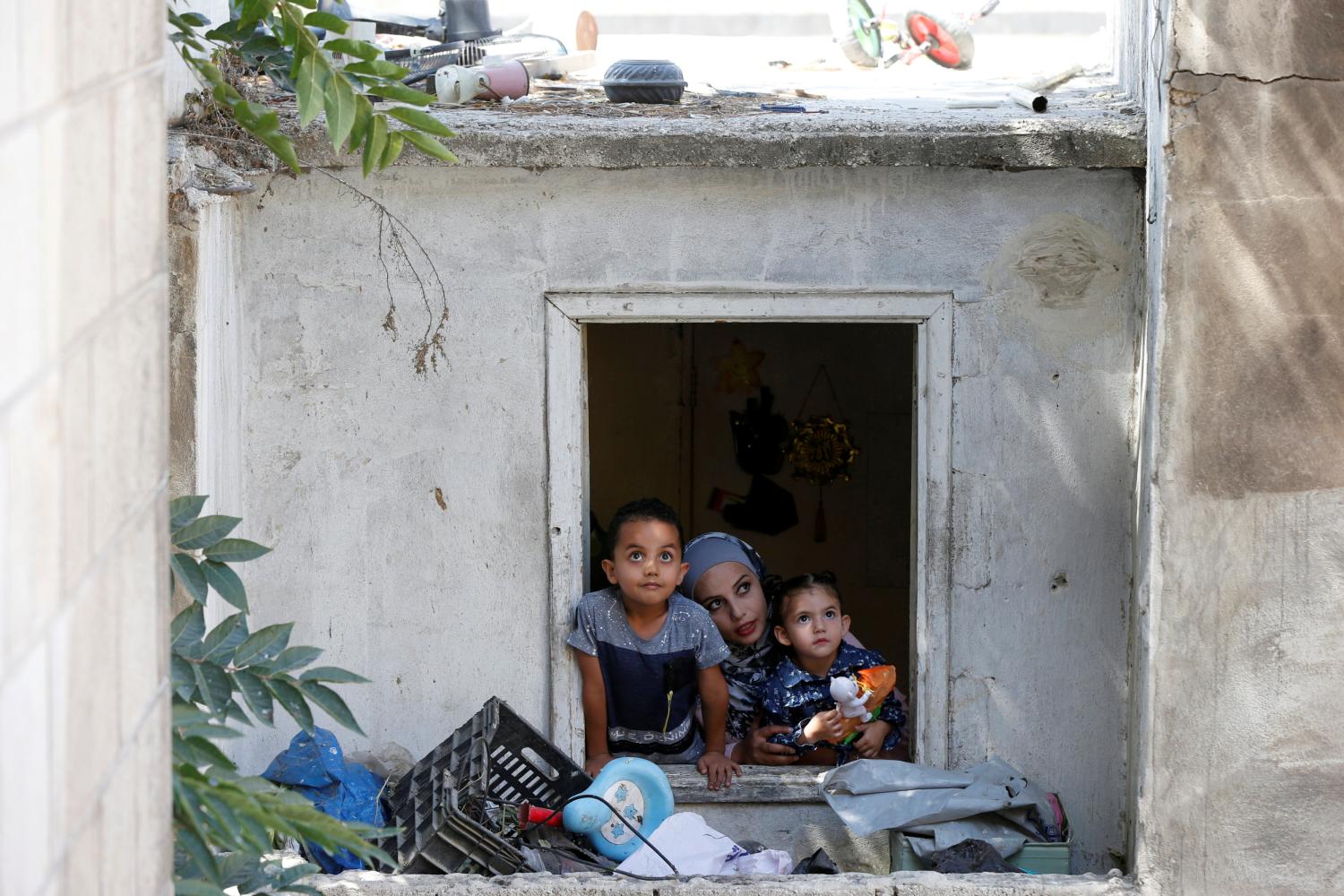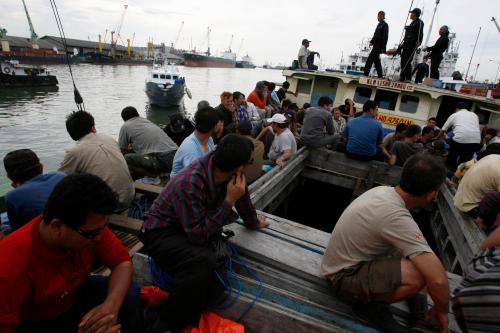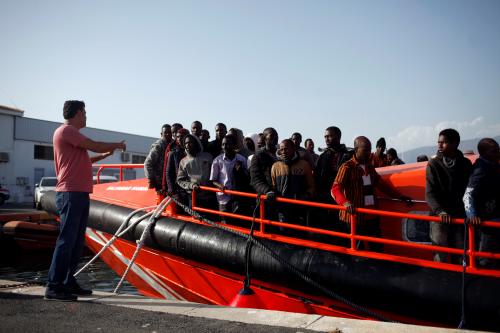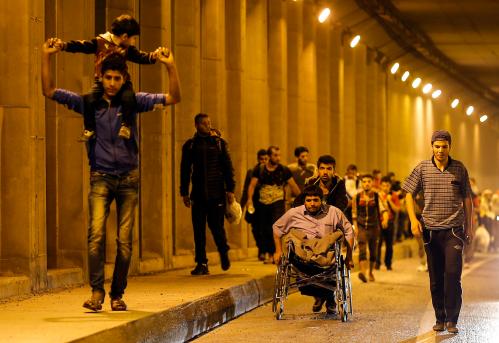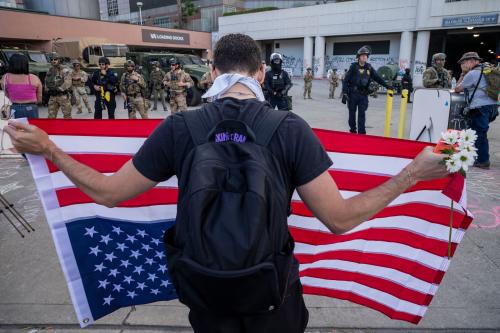Executive summary
In December 2018, world leaders will convene in Marrakech, Morocco to adopt the Global Compact for Safe, Orderly, and Regular Migration (GCM), a wide-ranging agreement that aims to strengthen cooperation between states to improve the governance of migration. The extent to which the agreement leads to better migration governance in practice will have far-reaching implications—not just for the more than 250 million people worldwide who are on the move outside of their countries of origin, but also for the communities that host them.
Although migration law and governance are primarily the state’s prerogative, local governments are essential interlocutors. Municipalities are the first receivers of migrants. They provide access to essential public services, including healthcare and education, often to all residents, regardless of origin or migration status. They possess important operational capabilities, as well as relevant policy knowledge.
The success of the agreement will depend in no small part on how it is implemented at the local level. Municipal authorities have an essential role in that process. To fulfill it, networks of mayors and city officials working on migration governance might:
- Identify priority objectives under GCM to which local governments can contribute, as a means of demonstrating concerted action and galvanizing commitments by other actors in support of local efforts.
- Consider what commitments municipalities can make toward achieving progress in each of these areas. Doing so could go a long way toward marshaling support from outside actors, while simultaneously demonstrating the utility of including local governments as a distinct cohort, separate from civil society, in the process of developing multilateral agreements that affect their communities.
- Identify what forms of support municipalities need, and from whom, to achieve those commitments. Multi-stakeholder partnerships, including with U.N. agencies and the private sector, will significantly enhance prospects for progress toward successful GCM implementation at the local level.
- Plan for engagement around modalities for follow-up and review. Member states have determined that these modalities will be fleshed out in detail in 2019.
- Advocate for the Mayoral Forum to become permanently and formally linked to the Global Forum on Migration and Development (GFMD) and consider how to make it a maximally productive channel.
- Consider ways to engage the Capacity-building Mechanism called for under GCM. The mechanism aims to allow a broad range of stakeholders, including philanthropies and representatives from the private sector, to contribute technical, financial, and human resources to GCM implementation. Cities can be contributors to, as well as the beneficiaries of, this endeavor.
The Brookings Institution is committed to quality, independence, and impact.
We are supported by a diverse array of funders. In line with our values and policies, each Brookings publication represents the sole views of its author(s).

